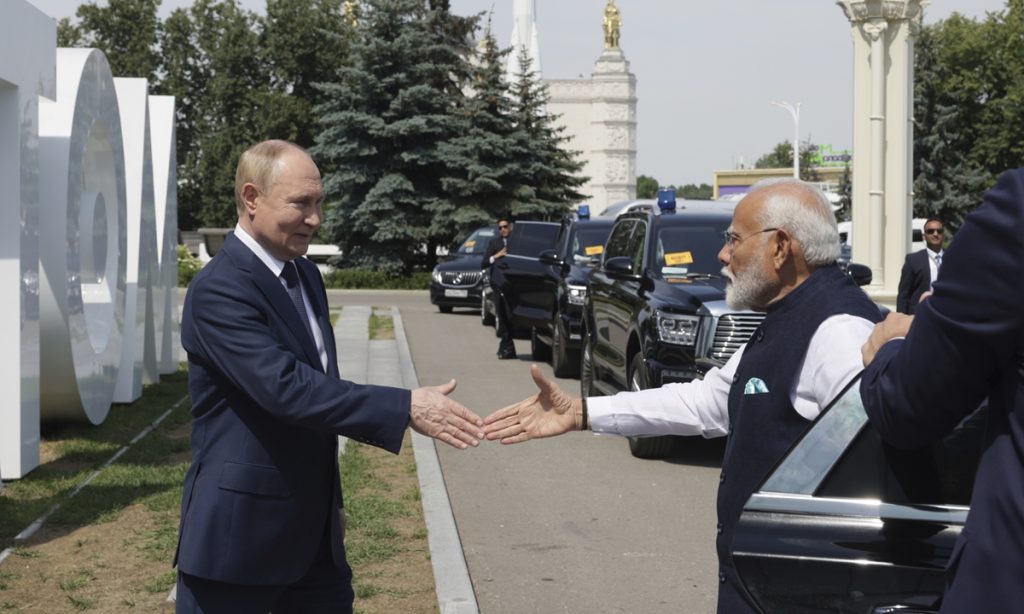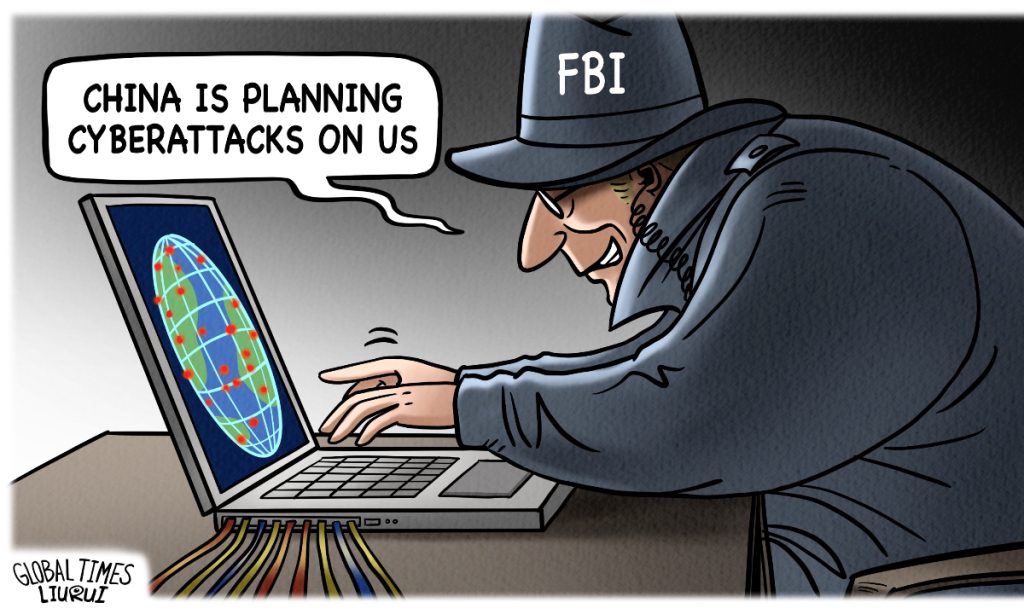Companies deny mixed use of tanker trucks for food, chemicals; concerns remain

Several oil companies have denied using tanker trucks to transport both food and chemical liquids, leading netizens to express concern over food safety on social media platforms, with some worried about potential poisoning.
According to a report by The Beijing News, a driver revealed the "open secret" in the tanker truck industry of mixed transportation of food and chemical liquids in the same vehicles, without cleaning in between. In order to cut costs, many operators do not clean the tanks, and edible oil producers do not check the tanks even though it is required by the regulations, resulting in chemical residue and potential contamination of edible oil.
China Grain Reserves Group, or Sinograin, has launched a large-scale inspection following the report, according to a statement the company issued on its official Weibo account on Saturday. Several other oil companies have denied engaging in such behavior, according to media reports on Monday.
The incident has become a trending topic on Weibo, and many Chinese netizens have called for the recall of problematic edible oils, and demanded a thorough investigation and strict punishments for the people responsible.
The revelation of the long-standing "open secret" in the tanker transport industry suggests that the idea that food safety should be paramount remains a mere aspiration, as noted in a commentary by China Central Television on Monday.
Given that tanker trucks often have large capacities, it is common for them to carry a certain quantity of chemical liquids. However, when these are mixed with edible liquids during loading, it transforms from a typical food incident to a form of poisoning, according to CCTV.
While Sinograin is mending its ways, there is still a lot of confusion and consternation among consumers. The incident is completely different from the usual incidents related to gutter oil, according to the CCTV commentary. Consumers can typically avoid poor-quality cooking oil if they choose big brands and well-known manufacturers. However, even a major brand has loopholes of mixing chemical oil with edible oil, which clearly exceeds the understanding of most individuals.
Chinese media professional Hu Xijin wrote on Weibo that the regulator should intervene in the investigation to determine the scope and extent of the harm, and publicly disclose the results of the investigation to provide the public with a comprehensive explanation.
The incident involves a number of subjects of interest, including the fleet of vehicles to which the tanker belongs and the edible oil manufacturer. Food safety is at stake, every subject of interest cannot be silent, but also has no right to silence, according to a commentary from People's Daily Online.
This also calls for the regulator to take a stronger and more focused position on the mixing of food and chemical liquids, as it is obviously impossible to deal with the issue solely by relying on the moral consciousness of the drivers, manufacturers and the companies involved, according to the commentary.

